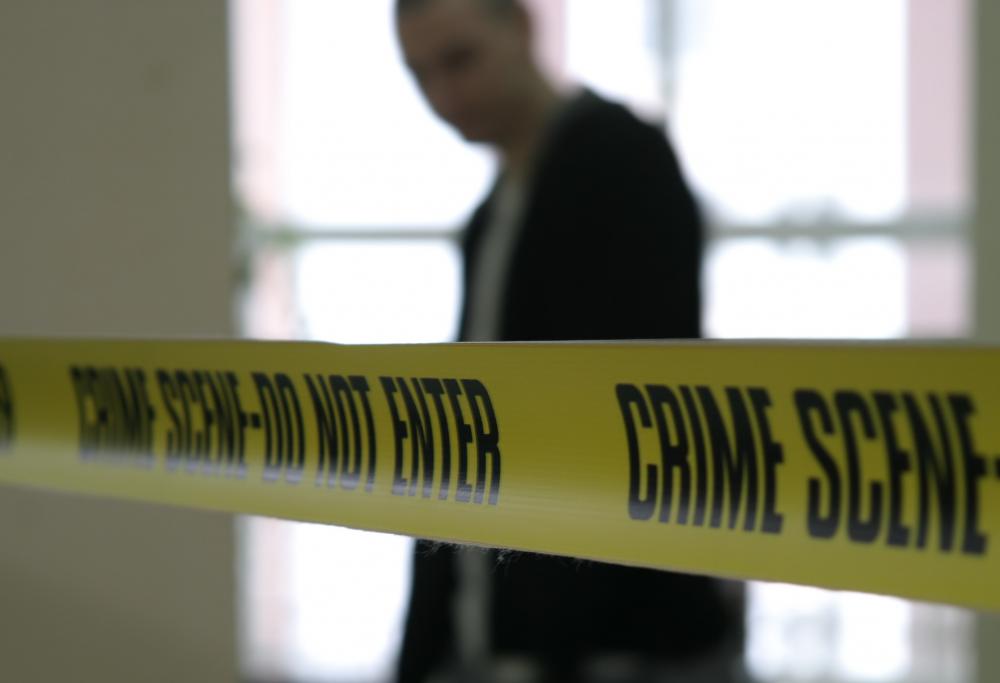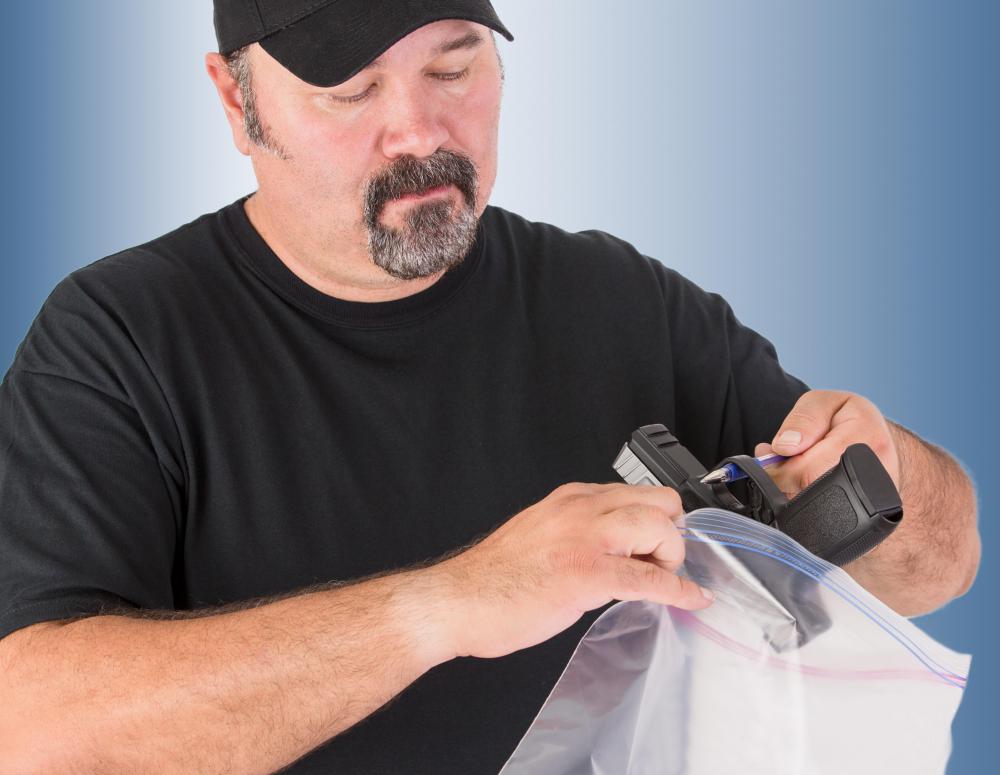At MyLawQuestions, we're committed to delivering accurate, trustworthy information. Our expert-authored content is rigorously fact-checked and sourced from credible authorities. Discover how we uphold the highest standards in providing you with reliable knowledge.
What are the Rules for Gathering Evidence?
Rules for gathering evidence are are multifaceted, based on the situation, and on whether the person gathering evidence is an attorney or a law enforcement officer. Officers, for example, must follow certain standards and laws that relate to the prosecution of a criminal offense. Attorneys, on the other hand, gather evidence through a process called discovery, which is governed by an entirely different set of laws. In such cases, attorneys may be collecting evidence for a criminal or civil case.
For police officers, rules for gathering evidence are very specific, especially in cases where an investigation is ongoing, and there is no imminent threat. The first thing an officer must do is secure a search warrant through a court by showing probable cause that a crime has been committed and there is evidence of that crime. Once a judge issues a search warrant, the police can then execute that search warrant. The warrant only applies to the specific matter at hand, and often other evidence seen or collected cannot be used to prosecute for a different crime. A warrant can include search and seizure of both physical locations and electronic communication, such as intercepting phone calls and e-mails.

At a crime scene, or while in the process of gathering evidence with a search warrant, police also have certain rules that must be followed. Generally, standard procedure is to photograph the area as it appeared before evidence collection. Often, evidence is collected with special tools and placed into sterile bags or containers to prevent contamination. It is then handed to a chain-of-custody officer who is responsible for making sure the evidence gets to the appropriate destination without being altered.

Although an attorney may visit a crime scene or physical location as part of the process of gathering evidence, it is rare. Rather, attorneys follow rules for gathering evidence outlined through a process of discovery. In such cases, the attorney may subpoena certain individuals to testify and ask for certain physical objects. Sometimes, an attorney may decide to issue written questions to an interview subject, instead of doing a direct, oral examination. These written questions are called interrogatories.

During the discovery process, the rules for gathering evidence are often very strict. Subpoenas and interrogatories compel a person to testify under oath and answer truthfully all questions, unless the information is privileged. At the same time, an attorney may ask the opposing side for a list of evidence. Anything not disclosed on that list may not be able to be used later during a trial or hearing.

No matter whether the individual is a police officer or attorney, the rules for gathering evidence must be followed meticulously. If rules for evidence collection are not followed, then it is possible the court could throw out any evidence collected. This could seriously alter the possibility of a favorable outcome for the evidence collector.
AS FEATURED ON:
AS FEATURED ON:
















Discussion Comments
@Melonlity -- the fruit of the poisonous tree you mentioned has come under fire through the years. There is a school of thought that suggests that exceptions must be made in the case of particularly dangerous criminals because removing them from society protects the public. Another school of thought suggests that strict rules are needed to protect the rights of U.S. citizens and letting a few bad apples get away with their criminal acts is the justifiable price of freedom.
The courts and society have debated this particular issue for years.
It is important to remember that the American rules for gathering evidence are much more lenient when it comes to private citizens than it is for police officers. For example, an officer who records someone illegally may find that the evidence is inadmissible at court, whereas a private citizen that does the same thing may be able to use that evidence.
Furthermore, what if illegally obtained evidence leads to the evidence that ultimately proves criminal wrongdoing on the part of the accused? That subsequent evidence may not be admissible. That, by the way, is called the "fruit of the poisonous tree" doctrine and is a hallmark of the United States' criminal justice system.
Post your comments